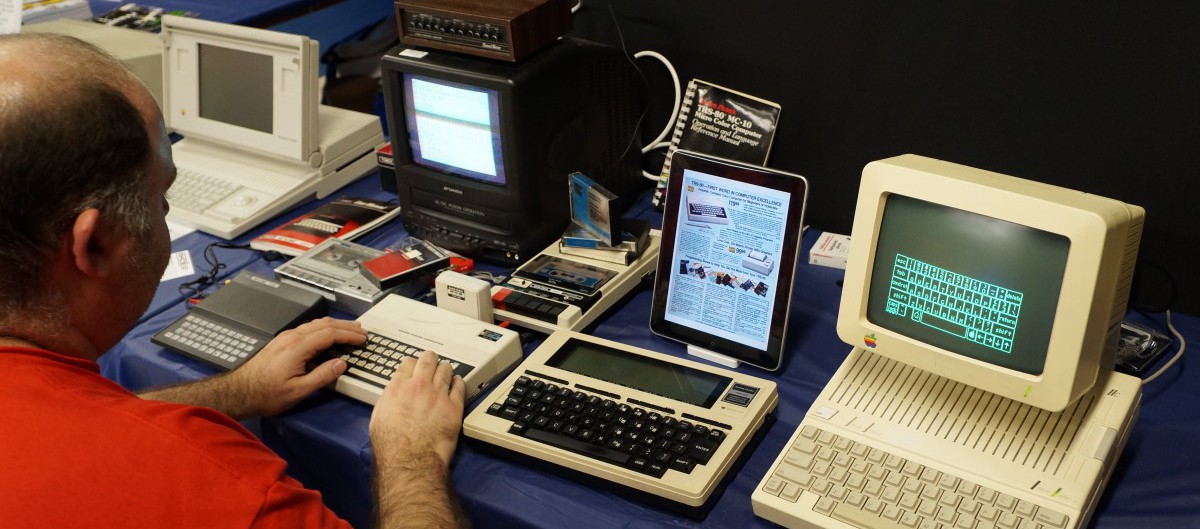A twitter rant as a continuation of the Think Piece project
This blog post is an archive of the series of tweets that were made and interacted with in class of my Original Think Piece Essay. The list below will contain the tweets in chronological order, from earliest to latest.
https://twitter.com/rownakchoudhury/status/722503741182763008
https://twitter.com/rownakchoudhury/status/722503848716300290
https://twitter.com/rownakchoudhury/status/722503963866767360
https://twitter.com/rownakchoudhury/status/722504052723040256
https://twitter.com/rownakchoudhury/status/722504191768469504
https://twitter.com/rownakchoudhury/status/722504264149504000
https://twitter.com/rownakchoudhury/status/722504372907864064
https://twitter.com/rownakchoudhury/status/722504472132481025
https://twitter.com/rownakchoudhury/status/722504558988173314
https://twitter.com/rownakchoudhury/status/722504802052272128
https://twitter.com/rownakchoudhury/status/722504969128132608
https://twitter.com/rownakchoudhury/status/722505129027571713
https://twitter.com/rownakchoudhury/status/722505288931287040
https://twitter.com/rownakchoudhury/status/722505395563032576
https://twitter.com/rownakchoudhury/status/722505596914835457
https://twitter.com/rownakchoudhury/status/722505730511749120
https://twitter.com/rownakchoudhury/status/722505824686444544
https://twitter.com/rownakchoudhury/status/722505939220344832
https://twitter.com/rownakchoudhury/status/722506062310584321
https://twitter.com/rownakchoudhury/status/722506199539826688
Due to the nature of my topic for the think piece, my audience included people who were not yet familiar with intermediate uses of computers, such as using Microsoft Word, Gmail, and some search databases. Although, being a Twitter user viewing my tweets, there are some assumptions I can already make of my audience’s computer-using skills. But the effective usage of Microsoft Word and Gmail for professional purposes often escapes many.
I wanted to still connect to my audience by emphasizing the importance of computer skills in EVERY field today. Whether they think of their grandmother, mother, aunt, or even want to sharpen up their own skills in order to become career-ready is up to their own decision when reading my tweets.
My tweets seemed to be effective in the sense that they received feedback relating to what people connected to with this general idea of being digitally impaired. Most of the feedback I received were side notes to be kept in mind as users were reading the tweets. Because my topic was not an intensely passionate/controversial topic, I did not expect anything different.
At the end of the day, this is a topic which I can connect with on a personal level along with many others because I happen to love and live with digitally impaired people in life. I know many others do too. It may not be an issue of immediate importance like immigration or tax cuts, but it is very much an issue nonetheless.
I have never used Twitter frequently before this project was conducted. Because of that reason, the low amount of impressions and the ease with which I was able to retrieve the information pertaining to my impressions makes complete sense.
- 1.5k impressions over the past 28 days
- 1,444 organic impressions on the day of the project
- 1st, 12th, and 19th were the top 3 impressions
- 2 Retweets, 15 Likes, 12 Replies, and 2 Link Clicks



